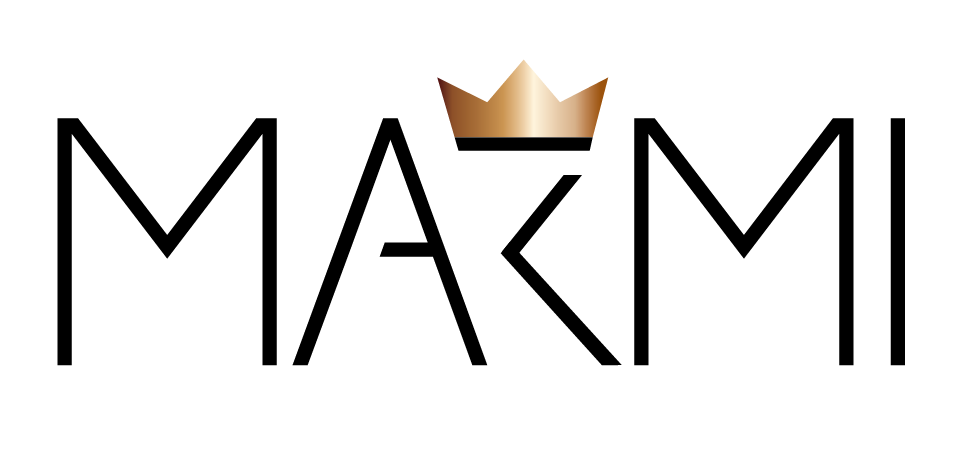Advertising, Beauty
![]()
Nivea is a well-known skin-care company that offers such products as body lotion, body wash, face moisturizer, and cleansing foam.
On March 31, 2017, the German company published an ad for its
innovative invisible deodorant on its Middle East Facebook page. The
advertisement was heavily criticized by Facebook users, who expressed that it
endorsed racism. Three days later, Nivea deleted the ad and apologized to
the public.
What Went Wrong?
Consumers conveyed their disapproval on Facebook and Twitter, blasting the
company for promoting white supremacy. After the backlash, Nivea
issued a statement acknowledging that the ad was unsuitable to the
company’s values. However, this was not the first time that the company had
created a discriminatory advertisement. Back in 2011, their offensive
“Re-civilize Yourself” ad portrayed a black
man throwing the decapitated head of another black male that had an
Afro and a beard. Consequently, many outraged consumers reported that they would no
longer be purchasing Nivea products and would take their business elsewhere. As it did later, in 2017, the company removed the ad and apologized, stating that
the company’s views and beliefs were not represented. Nivea explained, “We
are deeply sorry to anyone who may take offense to this specific post.
Diversity and equal opportunity are crucial values of Nivea.”
What Companies Can Learn from This
The main thing that companies can learn from this controversy is they must be
sensitive about potentially controversial issues.
Nivea’s “White Is Purity” advertisement was not a success because it
promotes racism, which is an increasingly difficult issue.
Prior to introducing an ad, companies should ask two
crucial questions:
- 1.Will this offend any particular ethnicity or culture?
- 2.Will this ad bring people together in unity, rather than tear them apart?
When Nivea removed the ad, it announced, “After realizing that the post
is misleading, it was immediately withdrawn.” This suggests that they did
not adequately assess the impact of the advertisement beforehand. If the
company had carefully evaluated the advertisement prior to releasing it,
it would have recognized the racist aspects that were clearly present.
In the future, Nivea needs to focus on generating advertisements that will
join people together in harmony, and it must devise methods for
effectively and appropriately demonstrating its support for diversity and
inclusivity, which the company claims are crucial values. Failure to do so will be detrimental to the future success of Nivea.
